Sharing our Knowledge
In partnership with parents
-

Common Makaton signs
Makaton is central to our approach of making our environment accessible for every child, fostering inclusivity by breaking down communication barriers and empowering children to initiate and engage in conversations. Here we share signs from the Core Vocabulary of Makaton to support children to express themselves and build their language skills.
-

Encouraging early communication
Communication is a skill that we start perfecting from birth as we watch the adults around us and first start making noises.
A responsive adult is crucial in supporting young children’s communication.
We explore the how, what and when.
-

Dental hygiene in early years
The recipe for tooth decay in young children is very simple: plaque and sugar, and no parent want’s their child to be one of the 11% of children with visible signs of tooth decay. We share our top tips on oral hygiene and the importance of getting regularly seeing a dentist.
-

Understanding children's emotions
There is no such thing as a bad kid – just angry, hurt, tired, scared, confused, impulsive ones expressing their feelings and needs the only way they know how.
Find out how to help children learn to read their feelings and how you can understand, support and manage emotional outbursts in young children.
-

Making praise powerful
Praise is great, but powerful praise goes the extra mile and can make a real difference to how children react and how they feel about what you are saying to them. Explore how to use empowering praise to actively promote positive behaviour.
-

Helping children cope with change
There are multiple changes that a young child is likely to face, all of which can impact on their emotional wellbeing.
So, what can we do, as Early Years Educators and parents, to make these changes as manageable as possible for our children?
-

Ready for potty training?
Thinking about ditching the nappies? It’s a massive step for such small feet and there’s no magic age or specific sign that tells you when your child is ready. They all progress in different ways at different times.
Read our top tips for successful potty training before your little one reaches for their big boy or girl pants.
-

Biting behaviour in young children
Whether we like it or not, biting is very common in young children. But this fact doesn’t make the situation easier and it can be very upsetting for the children and families of both the child has been bitten and the biter, as well as the staff involved.
It is important that we understand why biting happens and what to do when it does.
-

When to wean?
Weaning is a big moment for both parents and baby. Their first solid food is often as memorable as their first word, first steps or first haircut, but it can be worrying for parents.
We’ve been supporting parents through the weaning process since 2014 and have expert advice and helpful tips.
-

Supporting early writing
“Childhood is not a race to see how quickly a child can read, write and count. It is a small window of time to learn and develop at the pace that is right for each individual child. Earlier is not better.” Magda Gerber
Find out how we prepare children through play to write confidently at school.
-

Supporting early reading
Play is often talked about as if it were a relief from serious learning. But for children play is serious learning. Play is really the work of childhood.
In nursery our children enjoy a variety of play based activities to promote pre-reading skills. Let’s explore them here.
-

Our book recommendations
Whether it's bright illustrations, engaging stories, or educational themes, our carefully selected book recommendations are perfect companions for your child’s journey of discovery. Explore our handpicked nursery favourites here.
-

Promoting good health
It is really important to take the advantage of the young body’s natural need to move, and to introduce various activities that allow your children to change posture and play, to enjoy and benefit from physical activity every day.
Creating positive behaviour patterns from an early age will help your children to prepare for future life challenges and allow them to stay healthy.
-

Managing risk to promote safe play
It is important to provide opportunities for children to experience age-appropriate risk so they can rise to the challenge and gain competence. Find out more about how we empower children to experience safe opportunities with a proactive approach to assessing risk.
-

How to get a better night's sleep
Quality sleep helps us to concentrate, gives us energy, improves our mood, and supports healthy development. Read our top tips for achieving a good quality night’s sleep. From regular sleep routines, and the right conditions and environment for sleep – also known as ‘sleep hygiene’ to safe sleep guidance and the NHS recommended sleep amounts for children.
